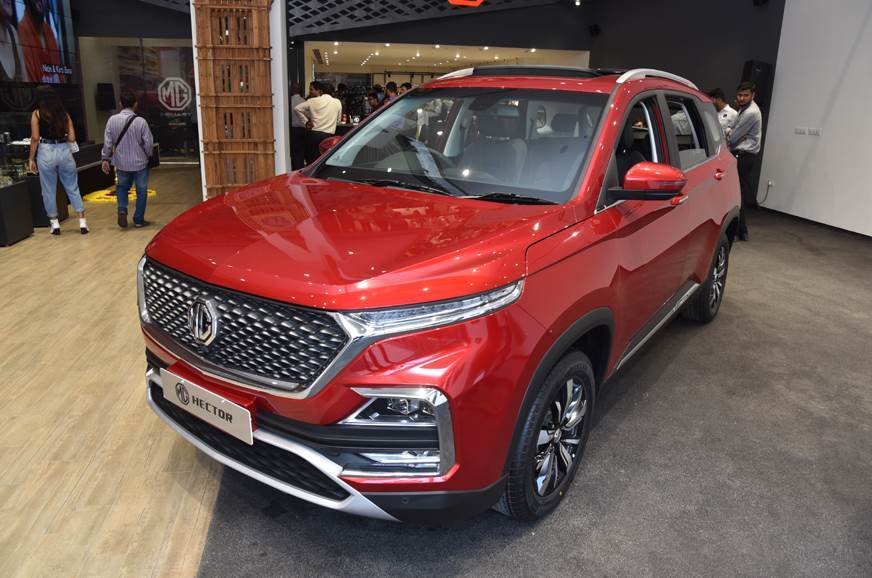At the 2017 Geneva motor show, the late Sergio Marchionne, in his forthright fashion, told Autocar India: “Fiat has had many chances in India and now its Jeep’s turn.” The former Fiat-Chrysler boss couldn’t have made it more obvious that he had given up hope for Fiat in India and it was only a matter of time before the company would pull the plug on the Italian brand.
That time has come. Fiat’s current product portfolio, which currently only consists of the Linea and Grande Punto (and the latter's hotter and crossover derivatives), will not comply with the upcoming stricter safety and emission regulations. There has been minimal investment in both these ageing products, which have been on sale for around a decade. Hence, investing in upgrading the Linea and Grand Punto, which are well beyond their lifecycle and whose combined sales were just 101 units in 12 months (from December 2017-November 2018), would be pointless.
Yet another blow will for both these models will be the disappearance of Fiat as a major diesel engine supplier when the BS-VI emission regulations come into effect in April 2020. Fiat’s last remaining customers – Maruti Suzuki and Tata Motors – will by then completely switch over from the ubiquitous 1.3 Multijet diesel, to their own in-house powertrains. Fiat alone simply does not have the scale to bear the costs of making its engines BS-VI emission compliant and will have no choice but to axe it.
To revive the Fiat brand would require nothing short of replacing Fiat’s ageing product line-up with an all-new model range and new engine family. This would require an investment of at least $600 million (around Rs 43,000 crore), which would be impossible to get any semblance of return on given Fiat’s weak position in the market.
So when faced with the same ‘invest or perish’ dilemma as other manufacturers on the eve of this stricter regulatory era, the choice for FCA is pretty straightforward. The Linea and Grand Punto are simply not worth upgrading beyond October 2019, when it becomes mandatory to have crash test compliance. In fact, dealers are being asked by FCA to quickly sell off cars without ABS to beat the April 1, 2019 deadline, after which ABS on all cars becomes compulsory.
Yes, FCA will once and for all shut down the Fiat brand, which has been a household name in India for generations. It’s the end of an era.
According to company sources, FCA is likely to pull the plug on the Fiat brand and shift focus entirely to Jeep. The American brand, which made a comeback after more than two decades, is already creating waves with the launch of the Compass. Fiat, on the other hand, has virtually disappeared from the market.
With no plans of giving up on India, FCA’s original plan was to launch a family of cars on the 326/327 platform. But with markets in Latin America and East Europe taking the lead on these products and enriching them during the development stage to suit their own markets, the cost structure for India went out of kilter. Hence, cars like the Argo, Tipo and Aegea are simply too expensive to produce in India.
FCA still believes that India holds a lot of potential, but this time around it’s betting only on the Jeep brand for growth in this market. And that’s where the investment is going.
Also see:
2016 Fiat Abarth Punto long term review, fourth report
2015 Fiat Abarth Punto review, test drive
2014 Fiat Linea review, test drive
2013 Fiat Punto long term review, second report
Next-gen Jeep Renegade under consideration for India
Jeep Compass petrol-AT Longitude (O) launched at Rs 18.90 lakh
from Autocar India http://bit.ly/2GbTFOO
via IFTTT

No comments:
Post a Comment